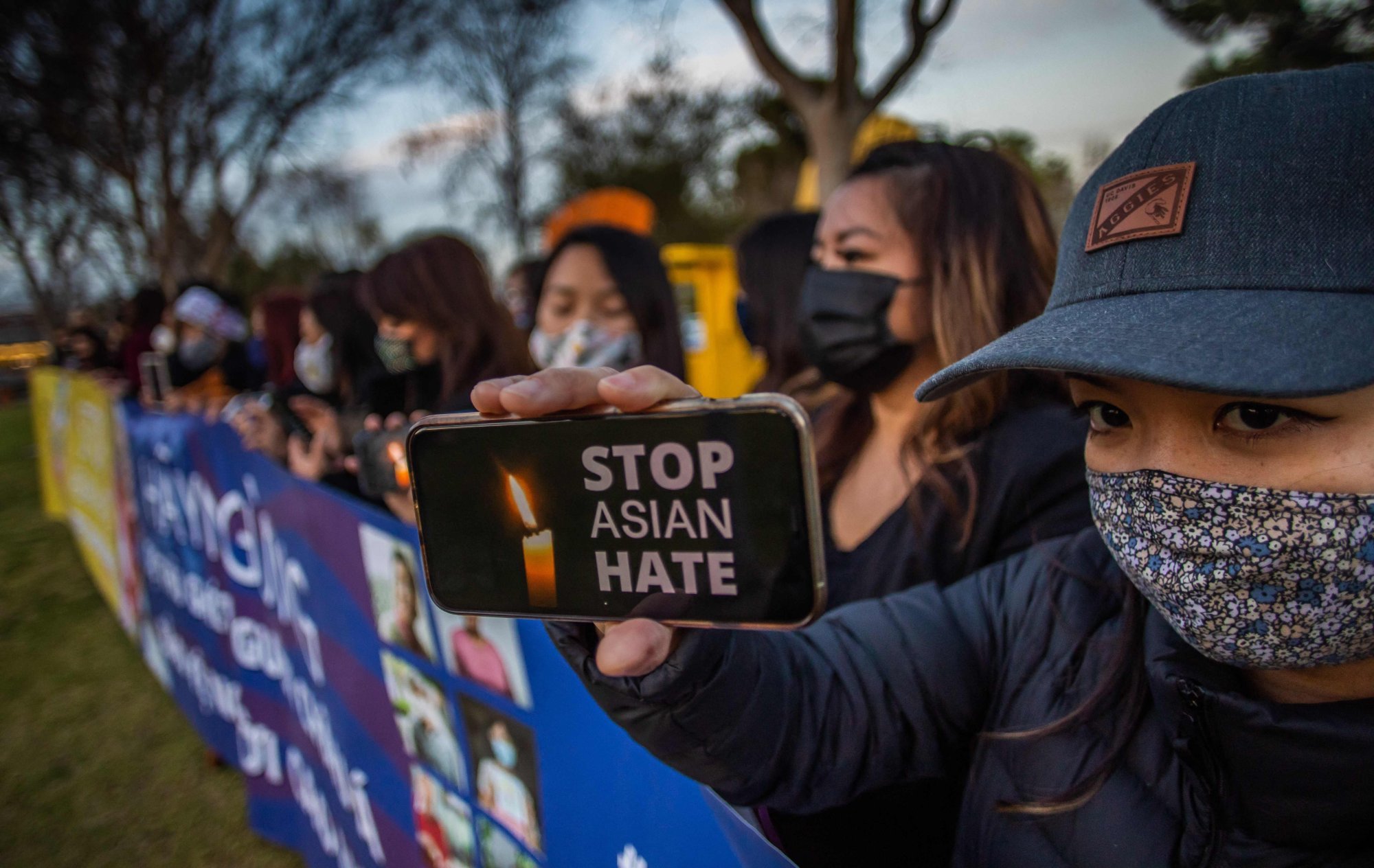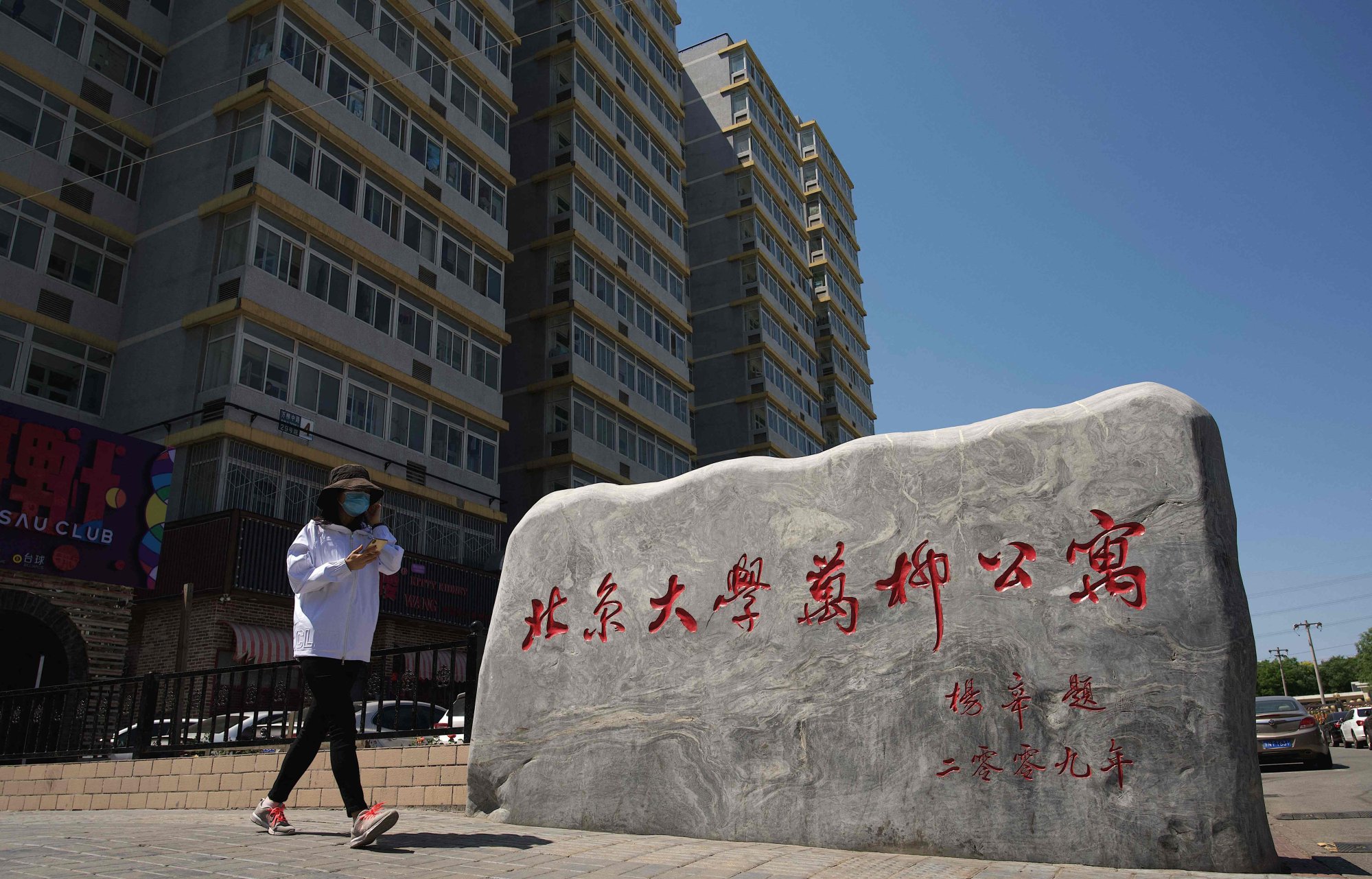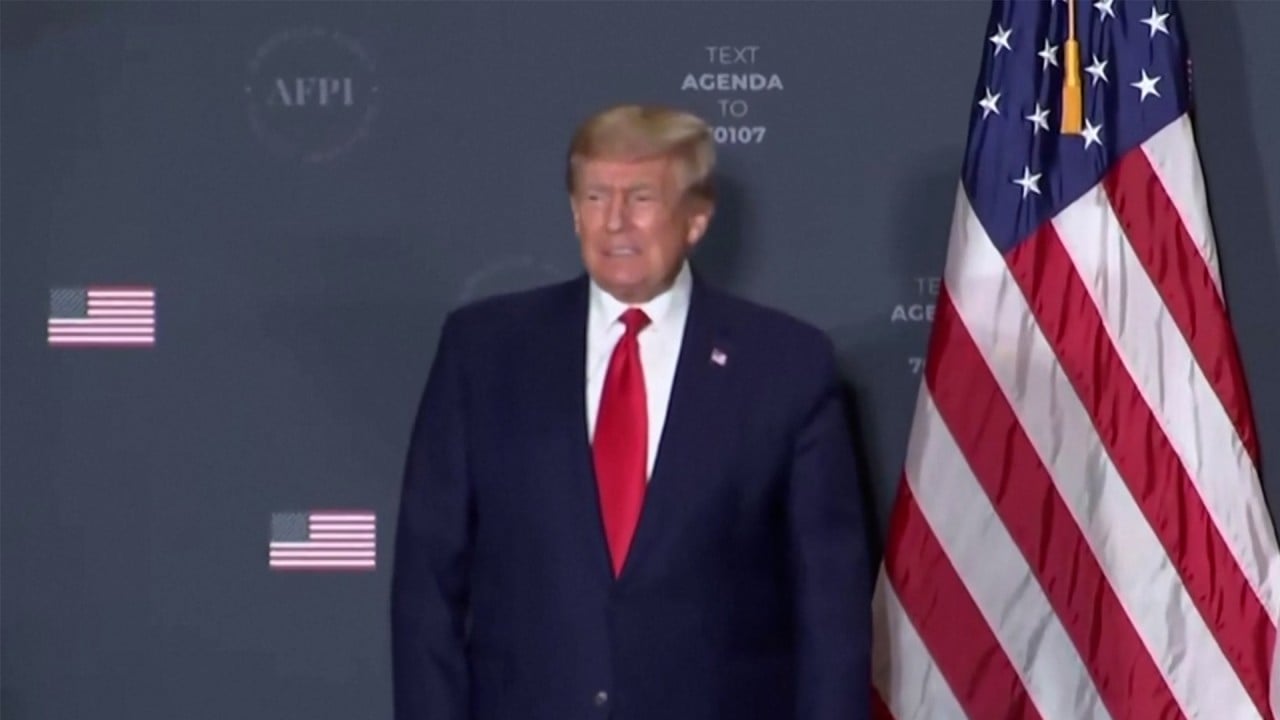
America’s universities will welcome fewer Chinese students this year, thanks to rock-bottom Sino-US relations
- For many Chinese students, the dream of an American education has lost its lustre
- Some have had their study plans disrupted by the pandemic and tougher travel policies, others are put off by reports of anti-Asian hate crimes in the US
It’s back-to-college time in the United States. Students are descending on university towns and cities, enjoying a few more days of summer before they become saddled with coursework, writing papers and exam preparation.
Yet Chinese students, who in recent years have represented a third of all foreign students in the US, are not enrolling in the same numbers as before. And those who do bring with them new worries and concerns.

According to informal reports, the number of Chinese students at Cornell is down about 10 per cent, and the situation is more stark on other campuses. Ivy League schools have the reputation and resources to weather the storm, but smaller colleges with more precarious budgets will be hit hard by the decline in students from China, most of whom pay full tuition.
The pros and cons for studying abroad have become more complicated. In some respects, Chinese universities are better than ever, though ideological controls and a lack of academic freedom remain a concern. It’s certainly cheaper to stay at home. And if the urge to study abroad persists, there are cheaper places than the US.

Adding to the negative momentum caused by the pandemic are poorly conceived US policies that impede entry for students with Communist Party affiliations. Prominent American politicians, including senators Tom Cotton, Ted Cruz, Marco Rubio and Marsha Blackburn recoil at the thought that “communists” are among the hundreds of thousands of Chinese studying in the US, in a flashback to knee-jerk McCarthyism.
Anyone with a rudimentary understanding of today’s China knows that a political party of 100 million people is not a guerilla brigade but a fact of life in a country organised along different principles to the US. Sure, the Communist Party has much to answer for, but imagine if US citizens were barred from travelling abroad due to affiliations with the Republican Party or Democratic Party, both of which also have much to answer for.
Spies and infiltrators exist in both countries, but the vast majority of student applicants simply want to pursue an education. It is the job of universities to educate and it is the job of counter-intelligence agencies to discreetly investigate the handful of cases where national security is actually an issue.
It’s simply not fair to paint all Chinese with the same “red” brush as did intemperate ideologues in the Donald Trump administration, including Stephen Miller, Steve Bannon and Peter Navarro, who spoke of banning Chinese across the board.
The combined tragedy of the pandemic and political downturn means that students who have prepared for years for a tertiary education in the US are being forced to reconsider.
An exodus of foreigners is under way. Does China want them any more?
While the low Covid-19 rates in China may be a plus for residents and visitors alike, the draconian crackdowns that worked well in the early stages of the pandemic do not necessarily make sense any more.
For now, Chinese students are back on campuses across the US. It’s not the best of times, but a reassuring sense of normalcy has returned, and there’s something to be said for that in these troubled times.
Philip J. Cunningham has been a regular visitor to China since 1983, working as a tour guide, TV producer, freelance writer, independent scholar and teacher


